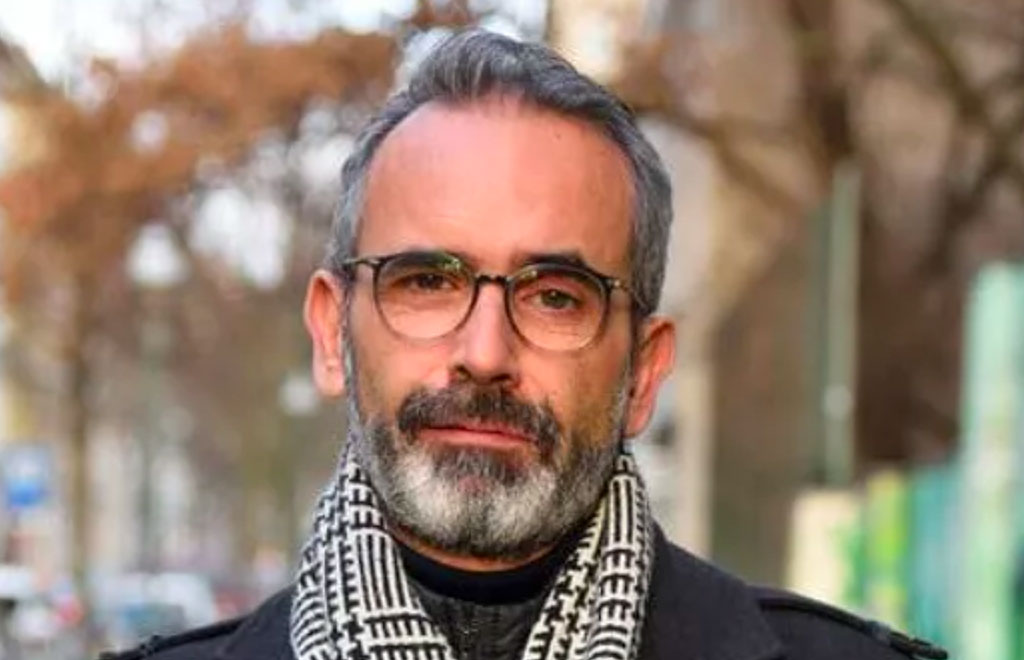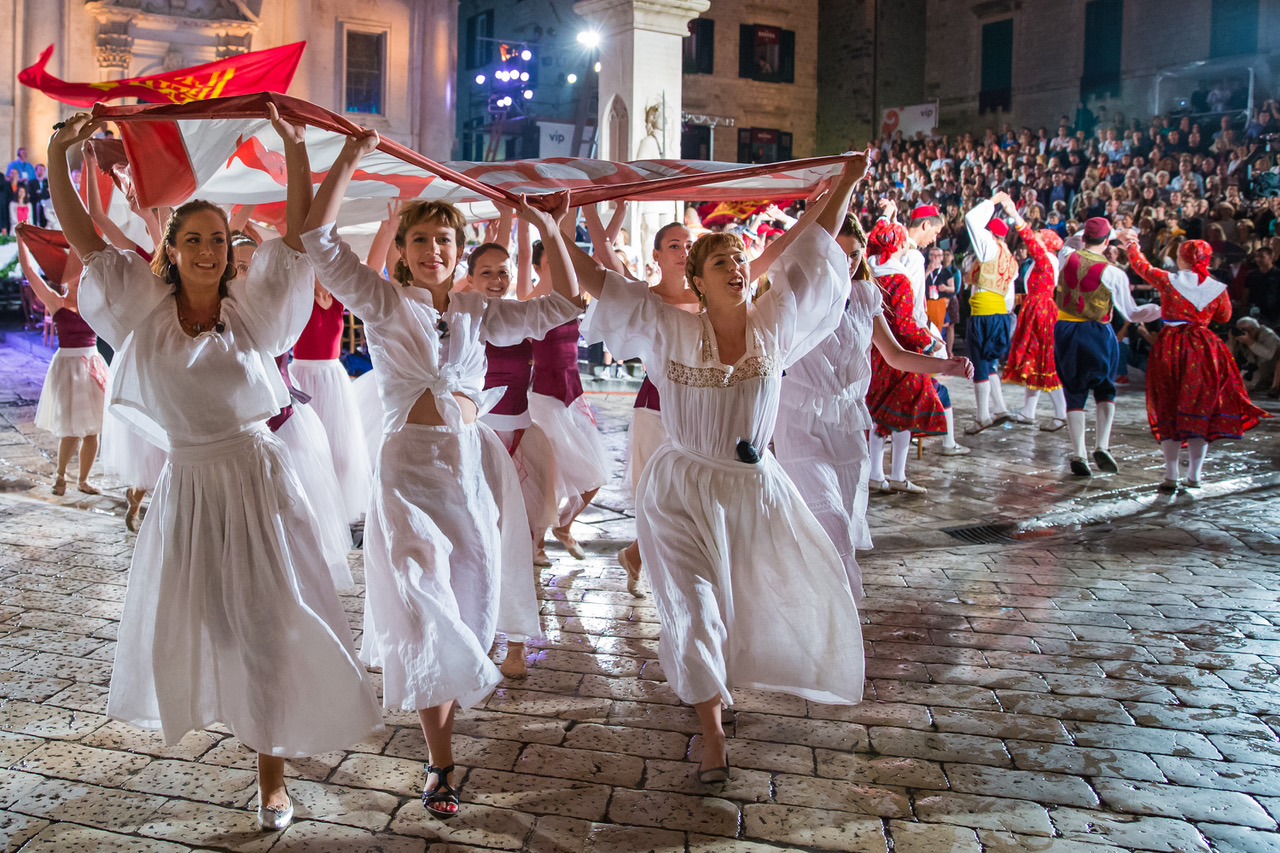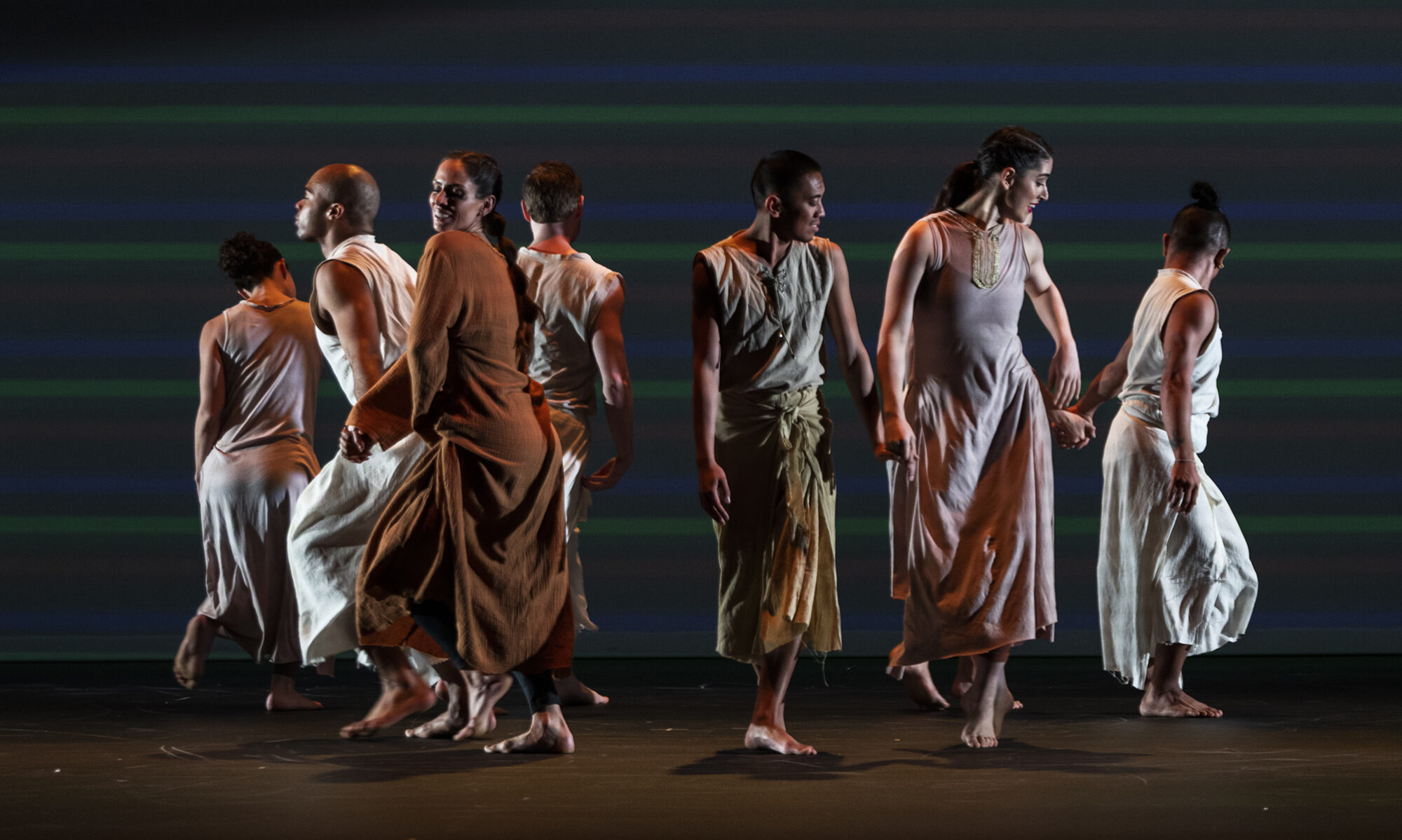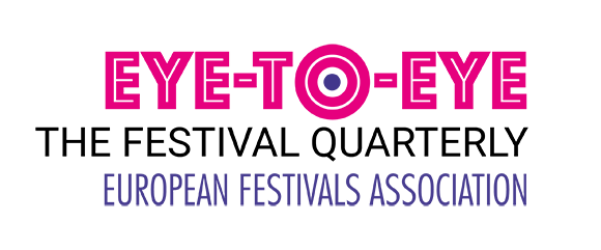Global Challenges, Cultural Visions
The mission of cultural actors in time of despair

Mahir Namur is a cultural manager, university lecturer and existential coach based in Vienna and Istanbul. He was the founder of the European Cultural Association in Istanbul, aimed at fostering cultural co-operation and the empowerment of cultural actors in Turkey. He developed and managed several international cultural, educational and communication projects and is one of the key figures in Sinopale, the International Sinop Biennial. He is a member of European House for Culture and a Strategy Group Member of “A Soul for Europe” Initiative. He holds lectures and training sessions in universities and cultural organisations Europe wide and coaches individuals, especially artists and cultural operators. www.mahirnamur.com
Too many people in Europe and around the world are in despair. They have lost their hope for positive change because they are expecting that change to be driven by politicians, which does not seem likely to happen with their populist power oriented attitudes. Loss of hope causes loss of motivation. So, our fundamental aim should be to make the people realise the power of their free-will and of collective actions; that they have a say in shaping their future and are not dependent on, and don’t have to be driven by, the decisions of huge companies and authoritarian politicians.
The cultural sphere is the most suitable environment in which to practice free will and collective action, because it offers an area of freedom for civil society to act independently. A proposal is therefore to start in the cultural environment, activate cultural actors to trigger a societal change by influencing politics and business, by co-operating with them to reach their cultural visions. That turns the loop of the existing situation from civil society being driven by politics and business, to civil society giving direction to their partners in politics and business: from a reactive citizenship to pro-active citizenship approach.
Let’s call this model or system ‘Europe bottom-up’, i.e. building a pro-active participatory community of individuals, but also embracing the role and responsibility of institutions and cities in our community building approach – a community that envisages its common future, identifies the opportunities and the challenges, re-allocating existing resources, using the full potential, taking decisions on concrete actions and implementing them collectively.
Most European citizens who feel European get that feeling because they use the advantages of being EU citizens or affiliates (such as those who live and work in another European country, who have travelled with European funds like Erasmus, etc.) They are mostly the consumers of Europe. What we suggest in this concept of ‘Europeaness’ is another concept: being a producer of Europe.
We cannot persuade people to have European awareness just by rational arguments. Emotions play an important role too. One must find a personal connection with the issue to change attitudes. Changing attitudes is a long term process. It requires decision making first, i.e. to accept the amount of investment required for that; the return has to be more than the investment.
The majority of society has urgent personal issues right now: despair, loss of jobs, health concerns. How can one decide to invest energy in something which does not directly address these urgent personal issues? According to V. Frankl, the founder of Logotherapy (Meaning Oriented Psychotherapy), whose work I studied in recent years, in contradiction to Maslow’s theory of the theory of hierarchy of needs, humanity does not necessarily have to fulfill basic needs in order to deal with self realisation. Self realisation according to Frankl is a side effect of meaning realisation. Frankl argues that to be human is to be a being in search of meaning. This is our highest priority in life. Even under suffering, finding meaning is crucial.
So in order to make people take actions and unite them there are two options: to propose immediate solutions, even if they are false or not sustainable. That is the easier way, what populist politicians do. Or to offer a meaningful action: to show that a investment for a greater good will give a return in time of greater value.
Cultural actors have difficulty in explaining to our audiences how citizens can influence EU politicians because it is in reality hard to do, almost unrealistic. Actually what is more realistic is to collaborate at a local level for the sake of society, their city, which leads them to see that they can influence change at the local level. We have to make them realise by themselves that they have a say in building their own future, that their actions have butterfly effect. What they do at local level can also make a change at European level.
Ego or Meaning Oriented?
Victor Frankl argues that self transcendence is one of the ways that humans find meaning in life by dedicating the self to something or someone other, to an issue which is beyond our own issues. For example, some of us find the meaning in contributing to the Europe project. Because it is meaningful for us, we invest our energy in it, we try to overcome the difficulties, we search for creative solutions. We don’t do it because we can benefit from it in the short term, but because we believe that it is for the greater benefit, which serves and will serve to create the world we want to live in. Viktor Frankl describes a meaningful action to be the best possible option. He quotes Nietsche. “He who has a why to live can bear almost any how.”
Is it now meaningful to work for the European integration process? In my opinion, no. Was it meaningful 10 years ago? Yes. Is European integration a less important issue than 10 years ago? No. Vice-versa. It is even more important, because Europe’s civil society is needed more than ever. But not for the sake of Europe: for the sake of the world. The world is changing rapidly and social scientists foresee the danger of more authoritarian regimes, rising manipulation of civil society by digital communication technologies, rising unemployment by robot technologies, the unimaginable consequences of AI development, etc, exactly like climate change (which is very well recognised but quite ignored). None of them are European issues. They are all global issues.
So it is not the time to keep on repeating our old slogans. The pandemic has shown us that. From one day to another we have forgotten about the thousands of war victims waiting at the European borders, as if they are going to steal our jobs. And we have seen that only global strategies can solve our problems which so far seemed to be local. There is an urgent need for a change of general human attitude, of a paradigm shift.
We became more aware that our politicians invest huge amounts of money into developing war strategies but invest too little for health strategies. That pandemic was not a surprise, it was predicted by scientists for years, exactly like climate change.
That paradigm shift should be one that moves from European integration to a Europeaness sharing its models, skills, methods and systems within a world conversation. It is not Europe that we should work for, but we should use Europe’s capacities to try to change the world. And that will in return integrate Europe. This is a meaningful action according to Frankl. If you work for a greater good, that will in return bring benefit to you. If you work for yourself, your efforts might not bring sustainable results.
So, what are the strengths of European cultural actors? Which role and responsibilities can European cultural actors take over in this case? This should be our main question. We should work for a new understanding of Europeanness: being a pro-active world citizen. Our definition as Europeans should be that we are working together for the good of humanity. What is good for humanity is also good for Europe and for each European citizen.
Artists and intellectuals have the power to trigger a societal change of mindsets. Culture creates a new culture. The question is if we will let it go on in the way it is going or if we want to change the direction. European cultural actors have gained the skills to create platforms of collective thinking and collective actions through European integration policies more than anywhere else in the world. This is exactly what is needed from us.
We cultural operators should create platforms for global thinking artists and intellectuals to make their voices heard by the politicians, to raise their influence. We should use the potential and resources of the cities, of European Cities of Culture, and of festivals to create these platforms. It is not very much different than what we have done so far. We just have to change our aim to something bigger: from Europe to the world.
This contribution was developed in the frame of discussions of the A Soul for Europe‘s Strategy Group.
Festival Life creates shared moments of audiences and artists, eye-to-eye


